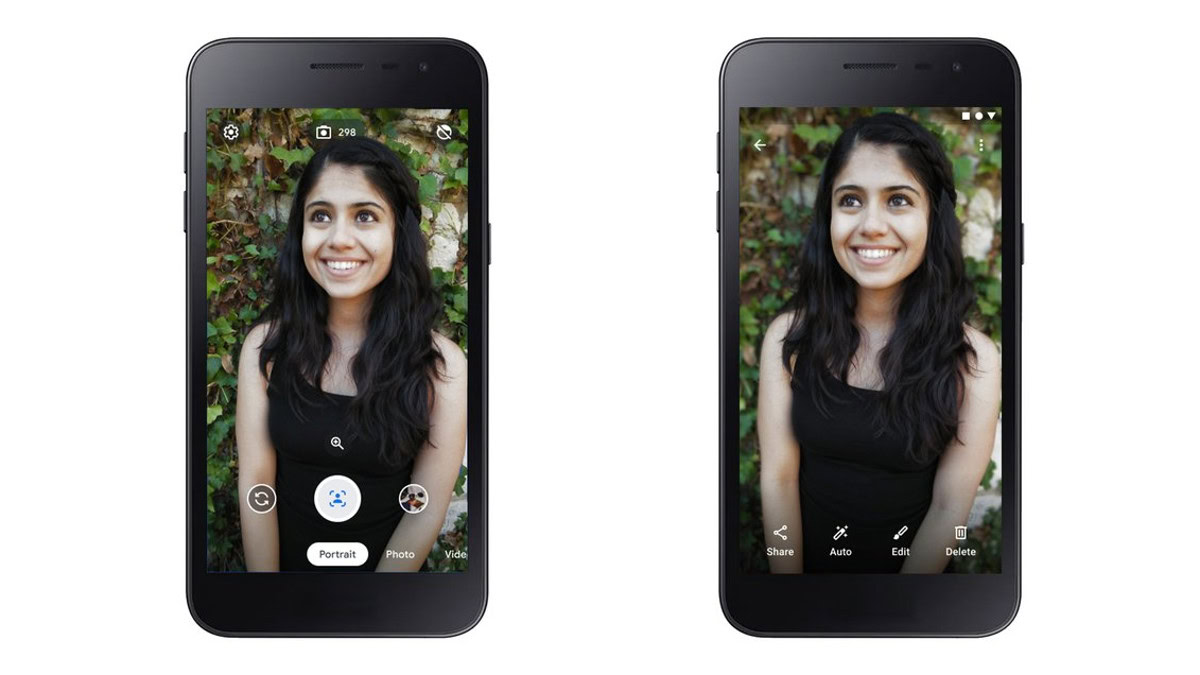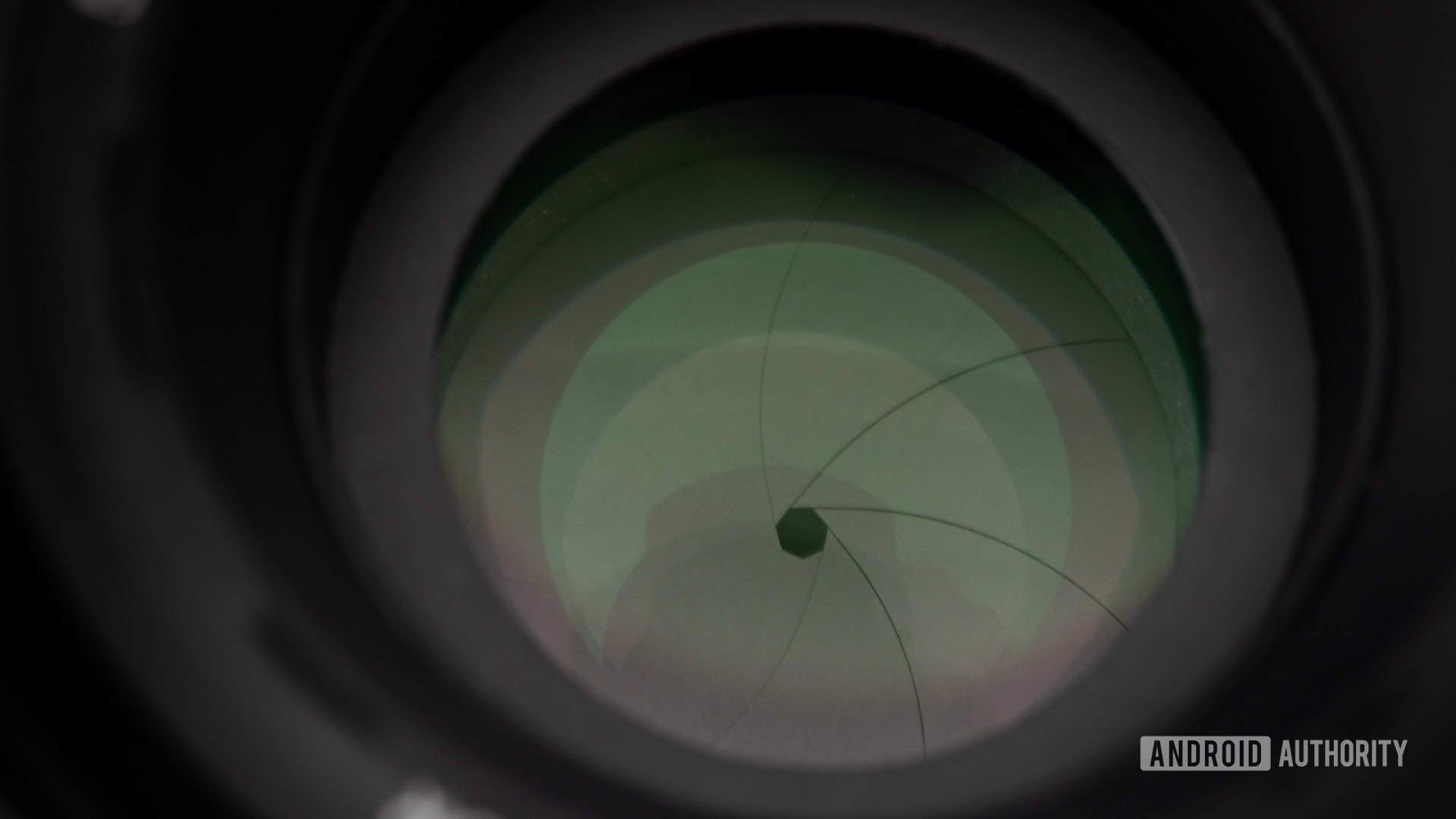Affiliate links on Android Authority may earn us a commission. Learn more.
Google Camera Go is now bringing HDR to budget smartphones (Updated)
Published onDecember 18, 2020

Update: December 18, 2020 (1:10 AM ET): Google Camera Go is now finally rolling out HDR mode to Android Go devices, the company announced on Twitter. The addition comes after Night Mode was made available in October 2020. Alongside this feature, HDR should go a long way to improving budget camera phones’ imaging performance.
Original article: April 14, 2020 (4:22 AM ET): Google announced Google Camera Go earlier this month, being a lightweight camera app for Android Go devices. This new camera app delivers a software-driven portrait mode as well as storage tracking.
Google told us at the time of the launch that Camera Go didn’t support HDR+ capabilities. But XDA-Developers has now dug into the APK and uncovered references to a “detail enhance” option that’s actually an HDR mode. A description of the mode notes that it combines multiple photos to improve color and detail — check out the outlet’s screenshots below.
It’s worth noting that these references are for HDR rather than HDR+ as seen on Pixel phones. This means we likely can’t expect Android Go devices with this new mode to offer Pixel-level image quality and similarly advanced processing. Still, we hope HDR+ is used as the basis for the new mode, because it delivers some excellent results.
Hurdles for Google Camera Go HDR
There are a number of challenges for HDR on a low-end device though, even if it’s delivered via Google Camera Go. One of the main concerns is processing time, as their much slower chipsets could mean you’re staring at the “processing” notification for tens of seconds.
Another possible obstacle is the number of frames being used to capture HDR shots. HDR+ seen on Google’s flagship phones captures up to eight frames before merging and processing them. Presumably Google Camera Go’s HDR feature will capture far fewer frames due to Android Go phones having less RAM and power in general.

One more potential hurdle could be blur due to the lack of optical image stabilization on ~$100 phones, and the feature presumably using fewer frames than HDR+. This limitation could theoretically force users to stand still for a couple of seconds as opposed to simply taking a photo like any other snap.
Nevertheless, many Android Go devices have poor photo quality and lack decent HDR capabilities anyway. So Google Camera Go gaining HDR should still drastically improve photos on these devices.